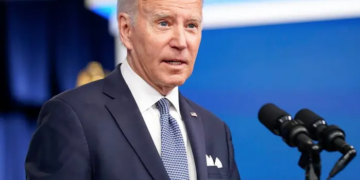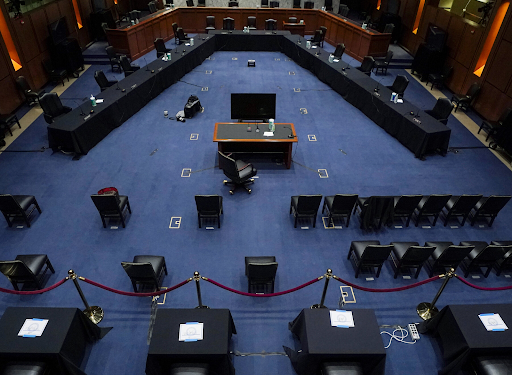When President-Elect Trump assumes office for a second term on January 20th, more than just the Presidency will change hands. With over 4,000 Executive appointments along with potentially hundreds of Judicial nominees, President Trump will have the opportunity to completely remake the leadership in Washington DC.
The headline-grabbing positions such as Secretary of State and Secretary of Defense are the most recognizable, but the President is charged with selecting leaders of a wide range of government departments, agencies and offices including both career civil servants and political appointees. More than 1,300 of these selections will require Senate confirmation.
So far, Trump has selected a number of Georgians to serve in key roles in his administration. Former Congressman Doug Collins has been picked to lead the Department of Veterans Affairs, while football legend and Olympian Herschel Walker has been selected to be Ambassador to the Bahamas. Former Senators David Perdue and Kelly Loeffler have been chosen to serve as Ambassador to China and head Administrator of the Small Business Administration.
Article II of the US Constitution requires the President seek the advice and consent of the US Senate for certain high-ranking positions. Presidents, or Presidents-elect, submit a formal nomination to the United States Senate which assigns nominees to relevant committees for hearings. A nominee who receives committee approval then faces a hearing and vote on the floor of the United States Senate.
Some positions, such as the special advisor roles filled by Elon Musk and Vivek Ramaswamy do not require a Senate hearing or approval.
Depending on the position and the nominee’s professional background, nominees may be subjected to ethics disclosures, FBI background checks, security clearance protocols, and other paperwork hurdles.
President-Elect Trump’s Georgia nominees are largely uncontroversial, but that is not the same for all of his choices. The transition team has privately ordered potential nominees to avoid social media and press events until after Senate confirmations. Notably, controversy surrounds the choices of Pete Hegseth, Tulsi Gabbard and Kash Patel. Though these three reflect the President’s foreign and domestic law enforcement priorities, they remain politically opposed to the majority of the US Senate.
Only nine cabinet level nominations have ever been rejected by the Senate however a larger number of nominees have been withdrawn from consideration.Lower level appointments are often screened by the Office of Presidential Personnel before being submitted to the President for approval.



























